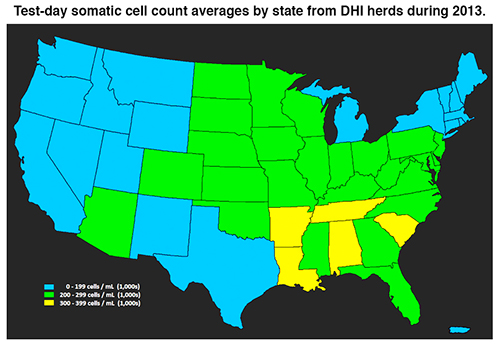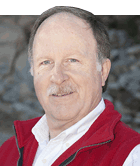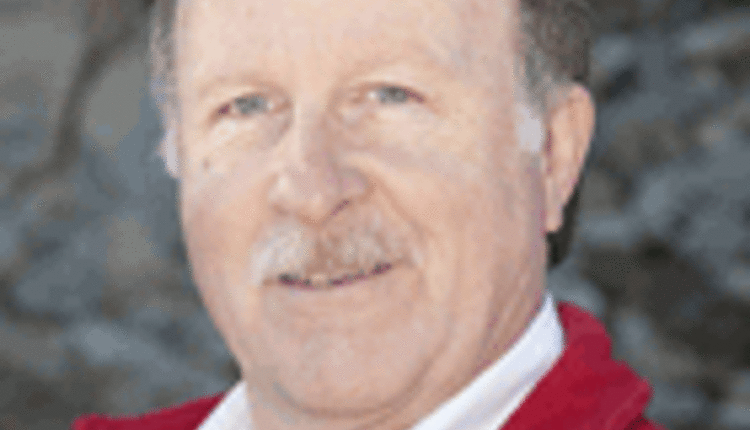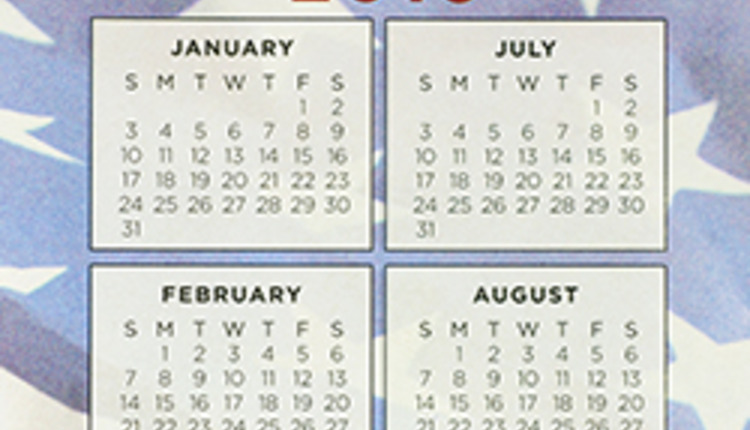
Slowly but surely, the average quality of U.S. milk is becoming amazingly good.
In 2013, for the 12th year in a row, the nationwide average somatic cell count (SCC) for all cows on Dairy Herd Improvement testing dropped to another new all-time low - this time to 199,000, according to the Council on Dairy Cattle Breeding.
Just 10 years earlier, national average SCC was 319,000.
Twenty-six states had lower SCC averages in 2013 than in 2012, while 20 states had higher averages.
Report authors H.D. Norman and L.M. Walton say the steady decline has likely been influenced by the more restrictive European Union standards that are being forced upon many U.S. dairy producers. They add that genetic selection is likely to contribute more to future improvement in milk quality than in the past.
As the map above shows at a glance, the West and Northeast generally produced the highest quality milk, and the South generally produced the lowest. Here are the states that had the lowest and highest individual SCC averages:
| New Mexico - 147,000 | Alabama - 359,000 |
| Nevada - 150,000 | Louisiana - 353,000 |
| Vermont - 157,000 | South Carolina - 336,000 |
| Washington - 162,000 | Arkansas - 335,000 |
| Michigan - 165,000 | Tennessee - 319,000 |
| Oregon - 166,000 |
The report also shatters the myth that smaller herds are supposedly better when it comes to milk quality and/or production per cow:
- The smallest herd size category (less than 50 cows) had the highest SCC average (243,000).
- The biggest herd size category (over 3,000 cows) had the lowest SCC average (175,000).
- The smallest herd size category had the most herd test days over the legal U.S. limit of 750,000 SCC (3.3 percent).
- Every herd size category of 300 cows or more had 0 percent test days over the legal limit.
- Average daily milk yield per cow was lowest in the smallest herd size category (62.6 pounds).
- Every herd size category over 300 cows averaged more than 75 pounds per day.

The author has served large Western dairy readers for the past 37 years and manages Hoard's WEST, a publication written specifically for Western herds. He is a graduate of Cal Poly-San Luis Obispo, majored in journalism and is known as a Western dairying specialist.








